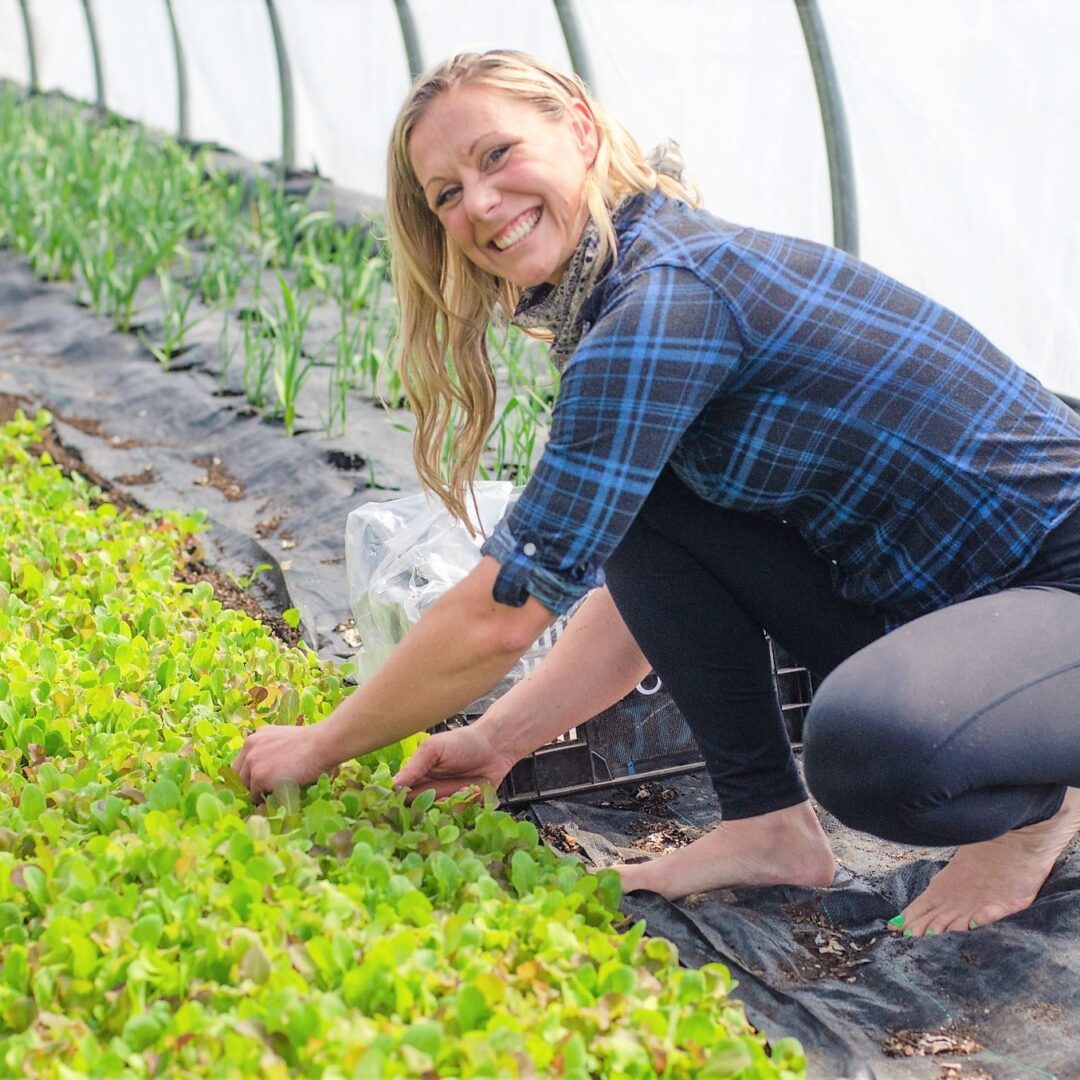We’re excited to introduce you to the always interesting and insightful Joy Miller. We hope you’ll enjoy our conversation with Joy below.
Joy, we’ve been so fortunate to work with so many incredible folks and one common thread we have seen is that those who have built amazing lives for themselves are also often the folks who are most generous. Where do you think your generosity comes from?
The generosity to offer Driftless Curiosity programs to our community comes from my experience of abundance living on the farm. Every season, I witness the regeneration of life on the land, the miracles of seeds germinating, animals giving birth, and birds building nests and feeding their young. I see the endless symbiotic relationships between soil, insects, plants, animals, and humans. I see how we’re always giving to each other, and it inspires me to share our space so others can see it too. My experience of living as an organic vegetable farmer, spending most of my time outside, and changing with the seasons has been deeply healing for me. It’s filled with hard work, beautiful routine, and wild diversity. It’s a lifestyle that is regenerative to the land, but also to me personally. My hope is that by offering land-based learning programs, others can discover their own healing and regeneration on the land. I understand that Mother Nature is generous, and I’m always taking pages from her book.
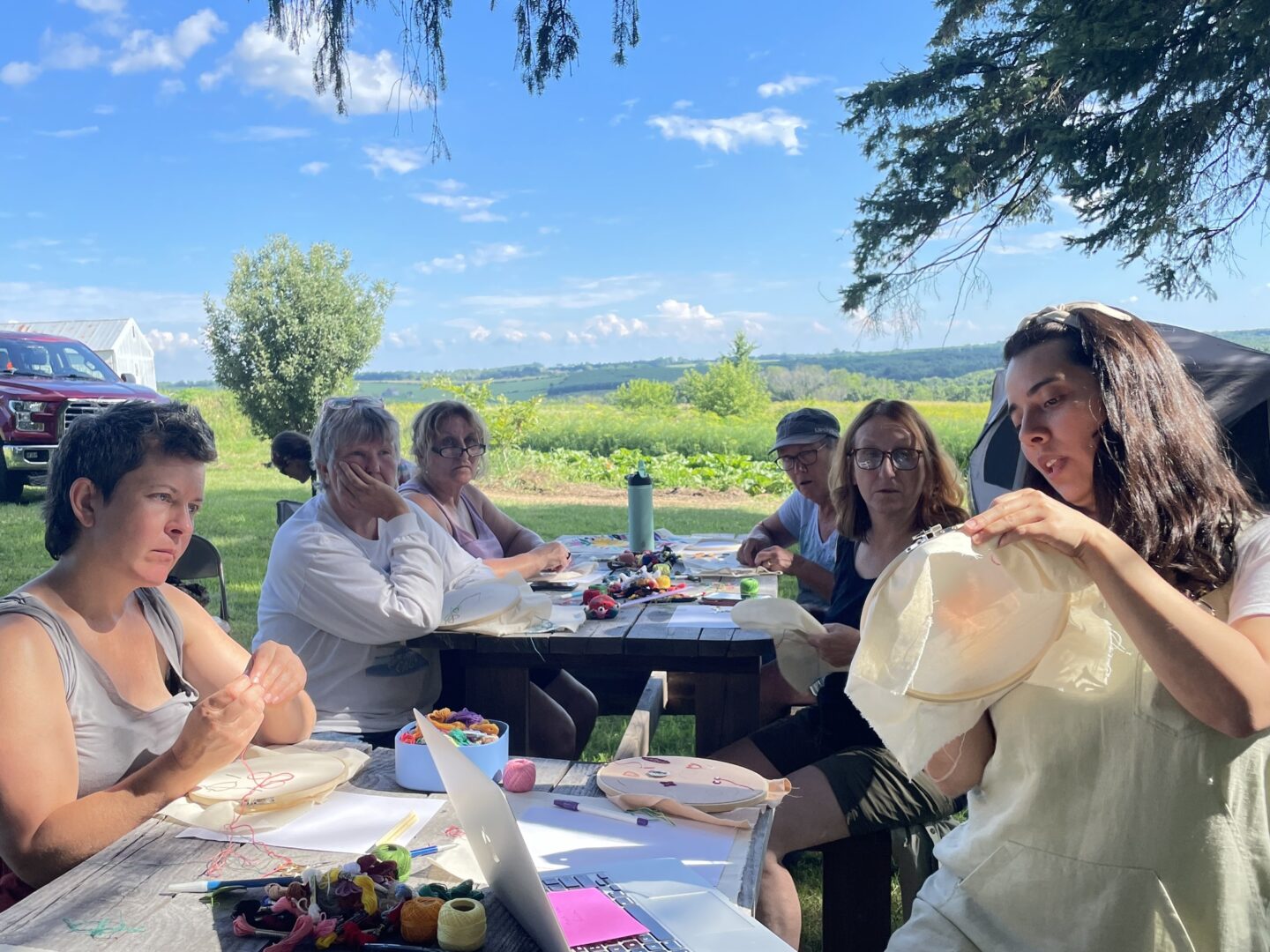
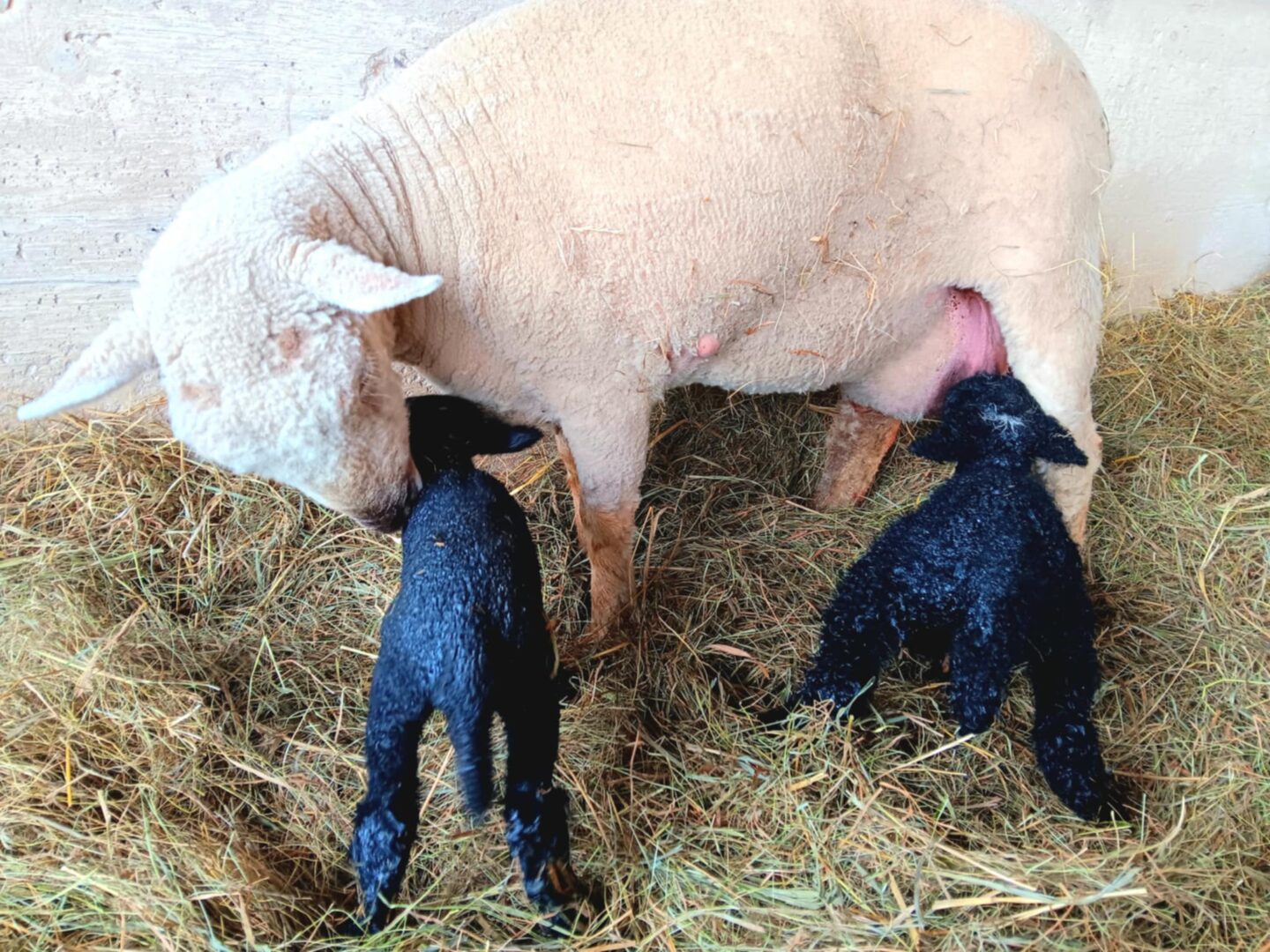
Let’s take a small detour – maybe you can share a bit about yourself before we dive back into some of the other questions we had for you?
Driftless Curiosity is a land-based learning 501c3 non-profit organization located on our 200-acre organic vegetable farm, Keewaydin Farms, in Southwest Wisconsin. I began farming with my husband, Rufus Haucke, in 2017 – the year I fell in love with a farmer, a farm, and farming. It turned out to be the triple threat to my former life. I quit my job, broke my lease, moved into the old farmhouse, and finished my master’s in liberal arts from Johns Hopkins University online from my laptop in the farm office. I steered my studies toward food justice, environmental ethics, and transformational leadership. The combination of my continuing education, living on the land, and loving farming made it feel impossible to go back to a “regular job” in an office, so Rufus and I started brainstorming how I could earn an income, live authentically, and share our passion for the land. After many long, caffeinated, philosophical conversations, we decided to start Driftless Curiosity. Our mission is to deepen the connection between people and the land through curiosity, experiential education, farming, social justice, and the arts. We envision a paradigm shift which ushers in reverence for the interconnection of life and manifests in mindful collective values and actions concerning personal, social, and planetary wellness. We evolve and diversify our programs every season, but some of our offerings include making maple syrup, foraging, regenerative gardening, flower farming, beekeeping, fly fishing, wildcrafting, birding, raising sheep and goats, food preservation, and various art and writing workshops. We also offer full weekend campout events like our Creative Metalworking Weekend, Creative Woodworking Weekend, Flame Effects Weekend, Adult Summer Camp, Wellness Retreat, Creative Retreat, Earth to Table Weekend, and a Shepherdess Camp. Our largest event is the annual Driftless Region’s Dia de Muertos Celebration, a collaboration with the Mexican Folk Art Collective and many other local businesses, artists, schools, farmers, food artisans, libraries, and volunteers. On Saturday, October 4th, 2025, we will host the 5th edition of this free community event, which has grown from 400 to 800 attendees over the last few years. During the event the Mexican Folk Art Collective builds an ofrenda to honor loved ones who have passed away. We grow a crop of 5,000 giant marigolds and other accent flowers for the event, which adorn the ofrenda and are incorporated into art projects. Throughout the day, we host Mexican folk-art workshops, serve traditional Dia de Muertos dishes and drinks, present Mexican folk dances, exhibit and sell art, lead a candlelit procession to the ofrenda, and give presentations to explain the cultural significance of the different elements of the celebration. Participants bring photos, foods, drinks, and other meaningful items to place on the ofrenda to remember, connect, and celebrate. It is a moving experience to see people from all cultures and backgrounds coming together to process the universal experience of death. Death knows no borders, takes no note of skin color, and causes aching in every heart. In this way, we’re made alike in our experience of death, where our differences become insignificant afterthoughts. I think people are longing for this type of meaningful and healing connection, which motivates us to keep Driftless Curiosity going.
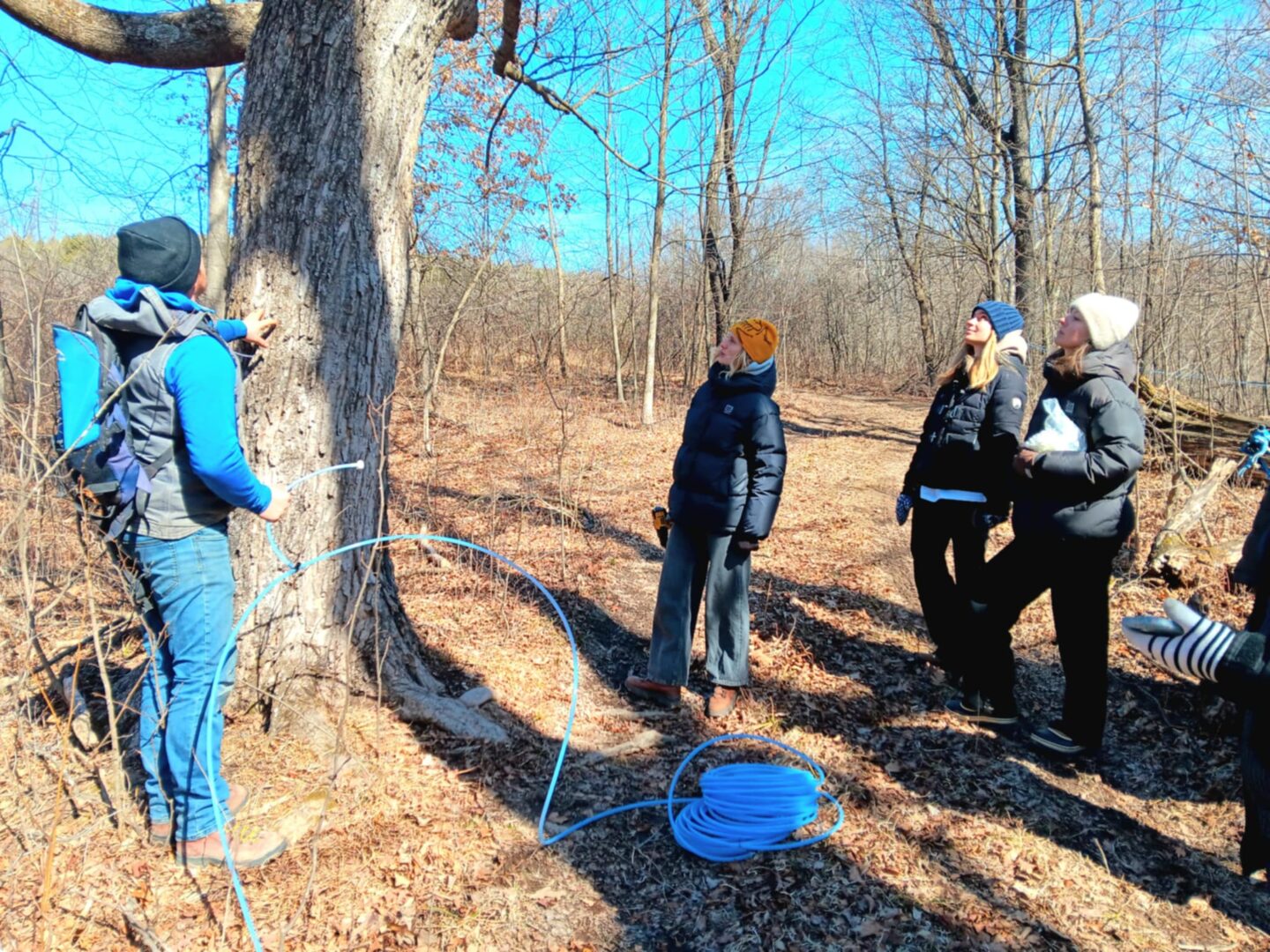
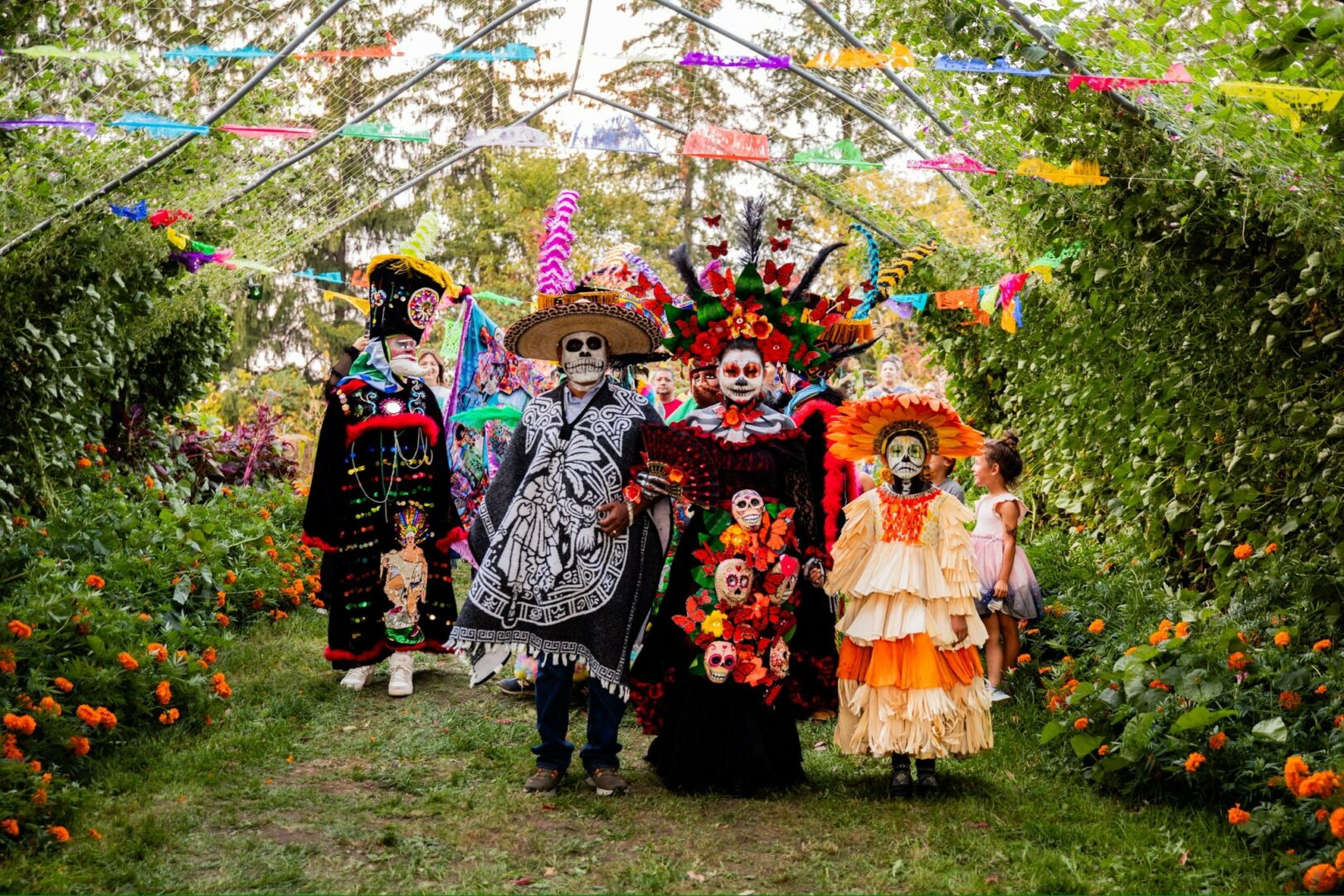
Looking back, what do you think were the three qualities, skills, or areas of knowledge that were most impactful in your journey? What advice do you have for folks who are early in their journey in terms of how they can best develop or improve on these?
Having a strong work ethic, finding good partners, and prioritizing self-care have been most impactful in my journey.
Having a strong work ethic: Our running joke with friends who have launched their own endeavor is that we quit working 40 hours/week for somebody else, so that we could work 80 hours/week for ourselves. Being the leader of an entity that has a life of its own requires wearing lots of hats, especially in the beginning. The learning curve is steep because if you can’t afford to hire help, you have to learn how to do it yourself, or ask for unpaid help, and both can be tough. It helps that I’m a Capricorn, and we’re famous for being the hardest working sign in the Zodiac, so in a way, I feel like I have a built-in work ethic that is pretty tenacious, but even if it’s not a primary part of your personality, you can learn to love and cultivate joy in hard work if it aligns with your values, purpose, and passion.
Finding good partners (and getting creative): In my first meeting with my mentor from Johns Hopkins University about starting our nonprofit, she advised me to collaborate rather than compete. This strategy has stuck with me and served me well. I seek out synergies and look for opportunities for mutually beneficial partnerships. I see the patterns of the natural world, how many ways there are for us to cooperate, share resources, and uplift one another. We have in abundance what others lack, and others have in abundance what we lack. We can work together. We can trade. We can donate time. We can give in-kind. We can share. Not everything has to be a blunt capitalist transaction. These partnerships and cooperations can lighten the financial burden of doing business and uncover resources in your community that you didn’t know existed.
Prioritizing selfcare: This is a tough one. I’ll start by saying that having a strong work ethic and prioritizing selfcare are often in diabolical opposition, especially at the starting line, when you pump out that first burst of energy to get off to the races. In our first few years of operation, my strong work ethic simultaneously overrode my need for selfcare and created a greater need for overall care. Ignoring your body, brain, and spirit only works for so long, and burnout is real. Out of necessity, I’ve built in routines that nourish and regenerate me – yoga, meditation, journaling, walking in nature, and actually leaving the farm.
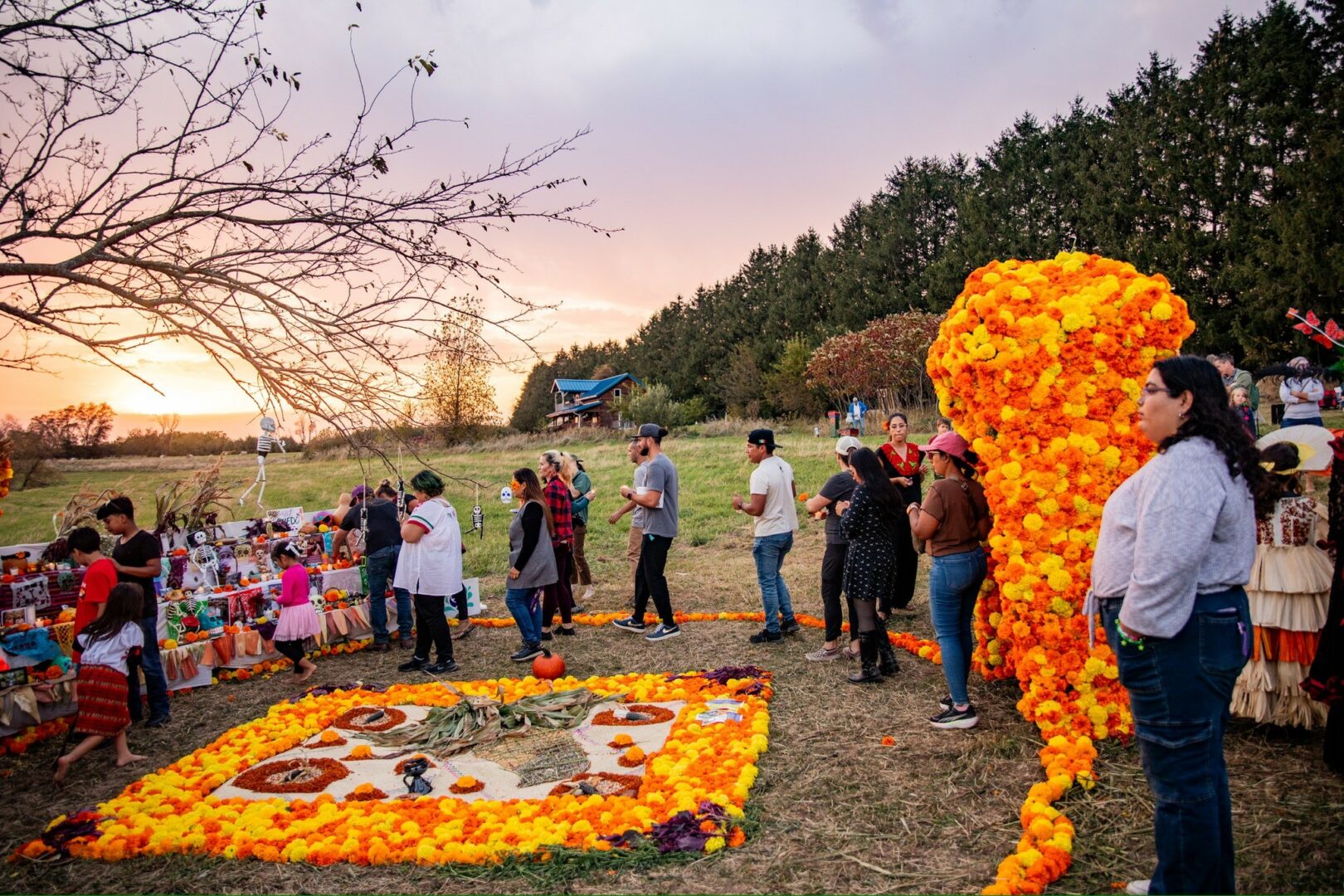
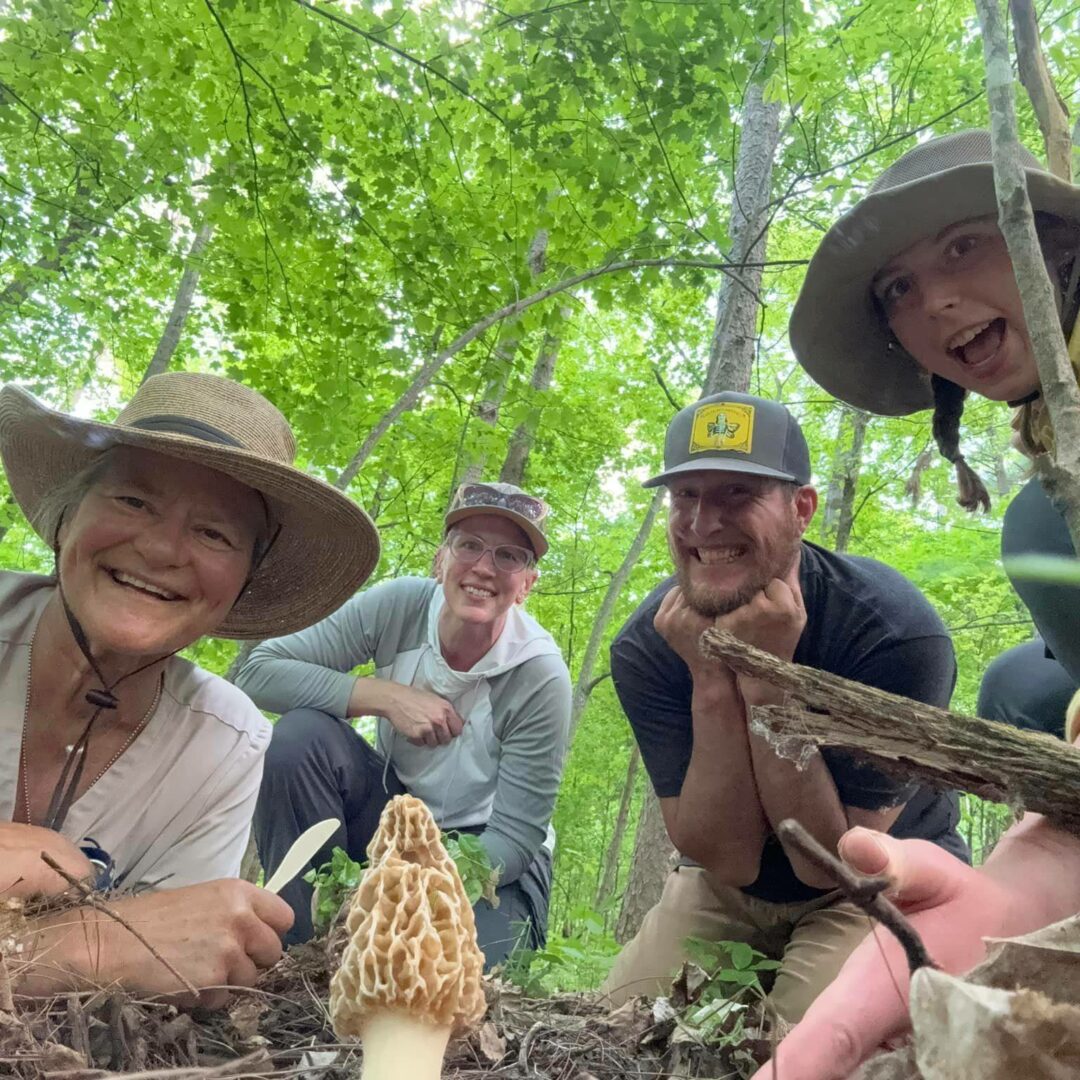
Is there a particular challenge you are currently facing?
I would say that our number one challenge is financial. As a new nonprofit, it’s a struggle to land enough grants, engage enough donors, find ample sponsors, host enough events, and raise enough funds to cover startup and operational expenses, while also running the programs. When it comes to winning grants, both the public and private sectors have their own challenges. Competition is high, eligibility requirements are limiting, and the reality is that there’s not much philanthropic giving in rural areas. Most of the urban areas have community funds, large foundations, and wealthy individuals who support nonprofits, but they have geographic restrictions, so we’re in a more barren funding landscape out here. We are still working to overcome financial scarcity by applying for new funding opportunities, networking with potential donors, experimenting with new events, adjusting price points, keeping costs low, working as efficiently as possible, and leaning heavily on volunteers, including myself as the Executive Director. Our goal is to cultivate a robust and diversified set of funding sources to support a salary for my role as the Executive Director, as well as a small team of paid staff members.
Contact Info:
- Website: https://driftlesscuriosity.org/
- Instagram: https://www.instagram.com/driftlesscuriosity/
- Facebook: https://www.facebook.com/profile.php?id=100080201765889
- Linkedin: https://www.linkedin.com/in/joy-miller-945341216/
- Youtube: https://www.youtube.com/@joyonthelandwithrufus
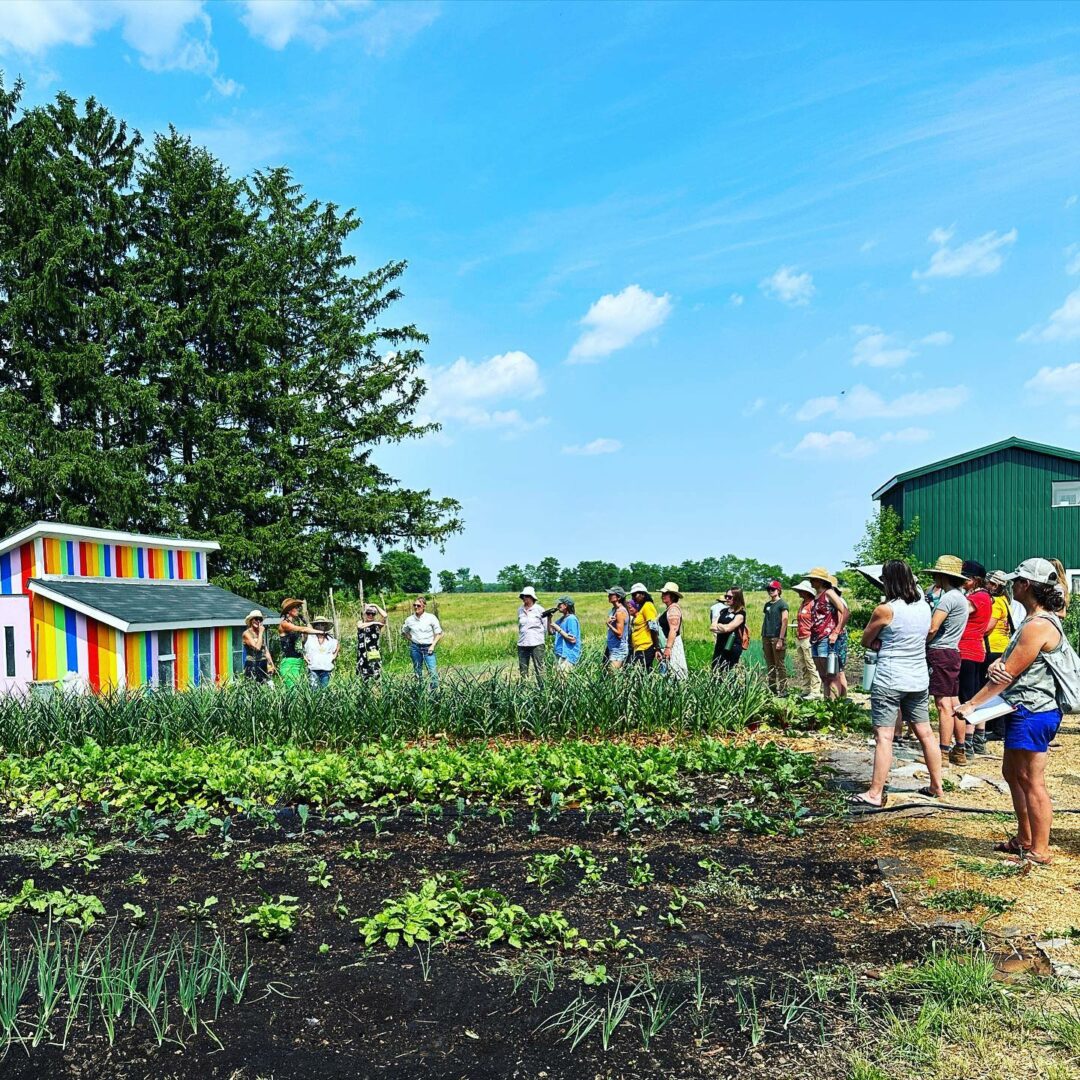
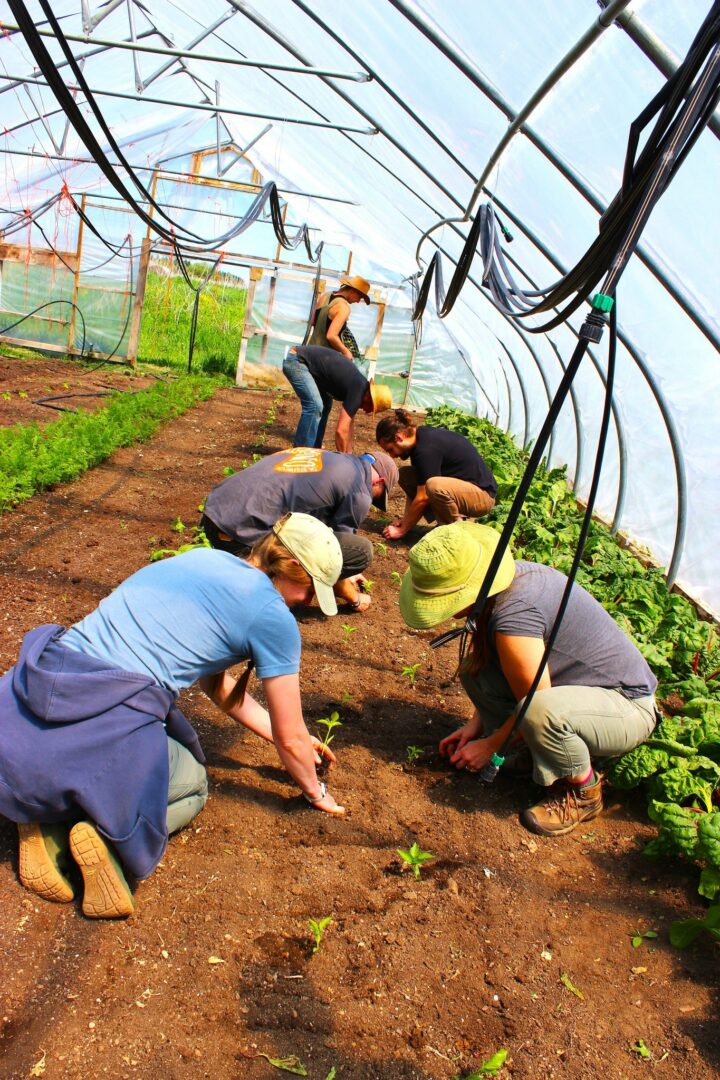
Image Credits
Day of the Dead Photos: Mickey Mestiza
so if you or someone you know deserves recognition please let us know here.

